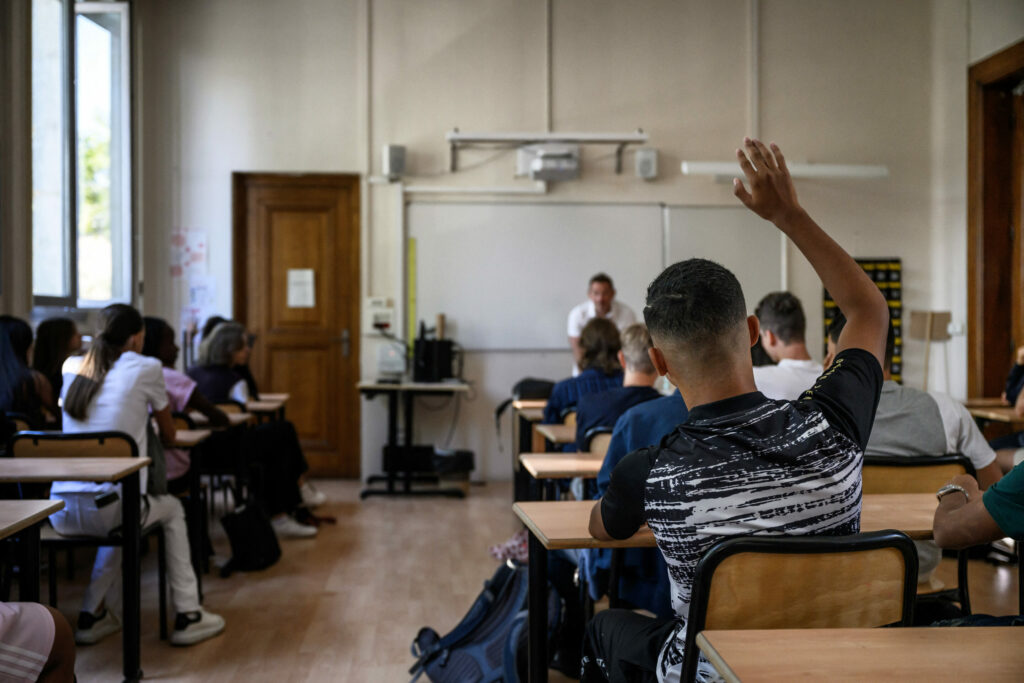Due to an "influx of new residents from Brussels," the regional Flemish Government is giving extra funding to Dutch-speaking schools located in the Brussels Periphery area.
As part of its reinforced Dutch-language policy, Flemish officials cited the "great pressure" facing Dutch due to pupils' and parents' poor knowledge of the language as its motive.
Schools in the so-called Vlaamse Rand – the name for the group of 19 Flemish municipalities located around the region's border with Brussels, also known as Brussels Periphery – can call on an extra €2 million to focus more on Dutch. This was announced by the Vlaamse Rand Minister Ben Weyts (N-VA).
This officially Dutch-speaking area has been heavily influenced by relocation movements from Brussels and growing internationalisation, making it increasingly multilingual. While Dutch remains the most commonly used language in formal contexts and the workplace, the proportion of residents whose home language is exclusively Dutch continues to fall to 37.7%, compared to 45% five years ago.
"The Dutch-speaking character of the Vlaamse Rand has been under great pressure for decades, partly due to the influx of new residents from Brussels," Weyts said. "Education in the Vlaamse Rand also feels extra pressure, as pupils and parents alike have a poorer command of the school language."
Parents' responsibility
Weyts argued that school teams need a strong language policy adapted to this specific situation in the Vlaamse Rand, but that schools are not always sure how to go about it.
For this reason, schools in the Rand are getting extra funding to strengthen the knowledge of Dutch. This can involve bringing in outsider expertise and working to shape a more structural language policy in schools to "defend and strengthen the Dutch-speaking character of the Vlaamse Rand."
"An important intervention, for instance, is to make every teacher – and not just the Dutch teacher – a language-aware teacher and to put Dutch first, always and everywhere," he added.
It will also help to involve parents, who Weyts argued should equally choose the "language of their future" and assume their responsibility. "Parents, too, must fully opt for Dutch. The efforts of our teachers risk being in vain if parents completely cut themselves and their children off from Dutch outside school hours."

